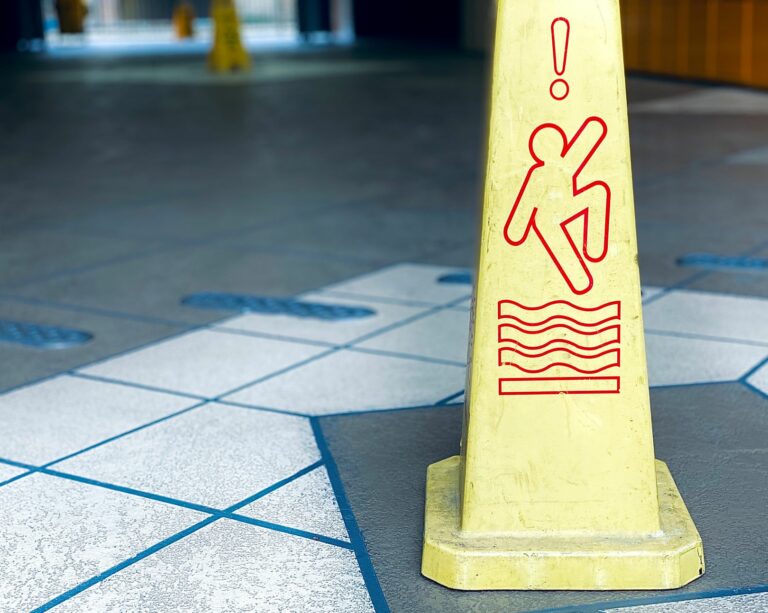Are you preparing to file a personal injury lawsuit in California and wondering how courts award damages? While there’s no simple formula that can tell you potential damages, how state law classifies damages can give you a rough picture. Even then, such estimates may not matter in the end.
When it comes to personal injury lawsuits, it’s always best to consult with a personal injury attorney. But with a little guidance and information, you can be better prepared for your day in court.
Our team at Hann Law Firm has written this guide to help you better understand how California calculates damages and how you can get the most out of your lawsuit.
Types of Damages
The law groups damages in two ways: compensatory and punitive. Compensatory damages cover financial costs and losses related to the accident. In contrast, punitive damages serve as further punishment for the defendant and a deterrent against others who may act similarly.
Compensatory damages are always part of a personal injury lawsuit. Punitive damages, however, aren’t always included. Instead, a judge awards them at their discretion. Thus you can only plan on compensatory damages should you win your lawsuit.
Calculating Compensatory Damages
Should a judge find that the defendant is at fault and caused your injury, compensatory awards will cover the money you lost or the debt you incurred due to the accident. Most commonly, this is equal to the cost of medical bills, repair costs to damaged property, and lost wages.
These are easy to prove if you keep a hard copy of bills and invoices. Compensation can cover such bills even if you’ve already paid them. Your accident attorney will submit these records to a judge, who will determine how relevant they are to your accident and use them to determine compensatory damages.
Particular circumstances can increase damages but are more challenging to prove. Pain and suffering and are examples. Establishing these isn’t as simple as submitting an invoice, but they are still worth pursuing.
Calculating Punitive Damages
Because punitive damages are only issued when a judge feels appropriate (or necessary), you cannot include them as part of your lawsuit. Moreover, you and your attorney cannot estimate what they might be. There are multiple factors a judge could use to justify awarding punitive damages, but the law doesn’t offer a strict formula.
When a jury renders a guilty verdict in a personal injury lawsuit, they may find that the defendant acted recklessly or intentionally. For example, driving while intoxicated is usually considered reckless behavior. When this happens, the judge will look at the case’s facts to determine how much the defendant should pay in punitive damages.
Punitive damages serve two purposes — to punish the defendant for terrible behavior further and to help you return your life to what it was before the injury as much as possible. The factors they’ll include are a mixture of economic and non-economic, including:
- The defendant’s past criminal activity
- Both your and the defendant’s insurance policies
- Both your and the defendant’s income
- Your legal costs
- The defendant’s consciousness of guilt
- If the defendant intended to cause harm
- If the defendant made a financial gain from the accident
A judge can also award punitive damages if they feel the compensatory damages aren’t high enough or don’t reflect the nature of your injury or the accident.
Why Damages May Be Irrelevant
When filing your personal injury lawsuit, you must state the damages you’re seeking. Regardless of the trial’s anticipated outcome, you and your lawyer should spend the time to gather as much evidence as you can and calculate the value of your losses resulting from the accident. However, most personal injury cases in the United States never go to trial, so damages don’t always come into play. Instead, the defendant may want to settle.
Personal injury lawsuits often involve both parties’ insurance companies, who don’t want to spend all the time and money a trial costs. To sidestep a lengthy legal process, they offer plaintiffs settlements much more often than they fight the case in court.
Because settlements happen outside of a trial, no guidelines or formulas that state what to offer. Instead, your attorney will negotiate on your behalf to get a settlement that you and the defendant can agree to.
Sadly, plaintiffs who choose to represent themselves put themselves at a disadvantage during the settlement process. They don’t have the knowledge and experience needed to present a strong case for increasing a settlement or accept a small payment even when their case is strong enough to warrant much more. It’s just one more reason you should have an attorney on your side for personal injury lawsuits.
Hann Law Firm Can Help
If you have been injured in an accident in California and would like to learn more about your legal rights, Hann Law Firm is here to help.
We provide a thoughtful approach to personal injury cases and help you get the compensation you need while you focus on your recovery. We are seasoned litigators who know how to win – Contact us today to find out how we can help you get the justice you deserve.






